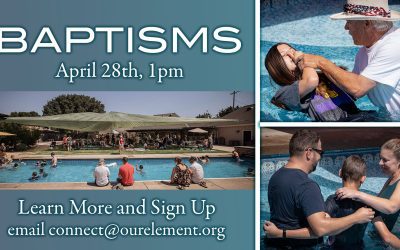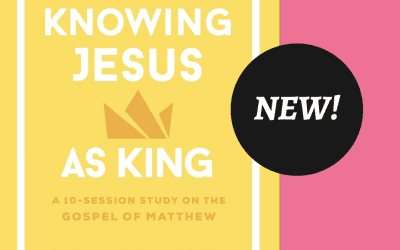Our Blog
ALL POSTS
Thailand Teen Scholarship Update 2023-2024
From Jing:Dear Pastor, stories of all the scholarship students started from July 2023 - April 2024 ( 10 months ) Thank you very much for all the scholarship to support all the students. It is a lot of blessing to all the students and their families. We meet the...
Missions Update: Pruetts with Ethos 360
First, we have to talk about the deck! I can’t even describe to you what a gift it has been and how often we get comments on what a relaxing, peaceful place it is to be. We have had SO MANY visitors these past couple of months from a team of 30 people from Atascadero...
Missions Update Supplemental: Note from Captive Hearts
I am happy to share with you some exciting new developments at Captive Hearts Ministries. Thank you to all who participated in our fundraiser this past February at the Madonna Inn! Together we raised a total of 39k after expenses. God has truly blessed us! As you...
Baptisms & BBQ – April 28, 1pm
Baptisms & BBQ Sunday, April 28, 1–3pmEMAIL US FOR DIRECTIONS At Element we believe baptism is making a public statement about your life and commitment to walk in the ways Jesus calls you to. Many people only get the Jesus “as seen on TV” and don’t understand what...
Young Adults Dinner and Games Night
DETAILS: May 10, 2024 - Friday Night, 6pm-9pmIn the Element Barn DESCRIPTION: Are you in your 20s or early 30s and trying to find connection within your church family but haven't quite found where you "fit"? Then this night is for you! Join other is the same stage of...
Classics Trust & Estate Planning Potluck
DETAILS:May 10, 2024 – 6pmLocation: Please RSVP below for location address - this is NOT at Element. DESCRIPTION:The Classics, Element's community of those 60+, will be gathering on Friday, May 10th at 6:00pm for a potluck and informational meeting on “Trust &...
Women’s Bible Study
DETAILS: Begins May 14, 2024 – 6:30-8pm Location: Element Barn DESCRIPTION: Women's Bible Study is back! We're going things a little differently, and we hope you'll join us for some deep study in the Word, great conversation, and the opportunity to connect with other...
Men’s Game Night
DETAILS: May 31, 2024 - 6pm-9pm At Keinert Game Room - 4351 Beverly Dr. DESCRIPTION: Men's Pizza and Arcade Game Night - Men 18 years and older are invited to come and fellowship Saturday June 1 from 5-8pm. We are encouraging you to invite your friends and neighbors...
Watch: Missions Update Short-term Missions Trip to Arizona – Recap Interview with Team Members PLUS Bailey’s TY
On Sunday, November 5th, as part of our Fall Missions Update, Element played the following video. Below, watch the full long-form interview of the team, AND Bailey's thank you video. Short Recap Video - 5.5 minutesBailey's FULL Thank You Video - 7.5 mins: Extended:...
Meet Kevin Kaub, HS + Young Adult Minister
In this long form bonus episode, Aaron and Michael interview Kevin, our new hire for High School and post graduation ministries. This get-to-know you episode is for you to hear Kevin’s journey getting here and his heart for ministry.
ELEMENT’S MISSION
To Glorify God by teaching and living out the Scriptures, transforming community into Gospel Community, and planting churches.







